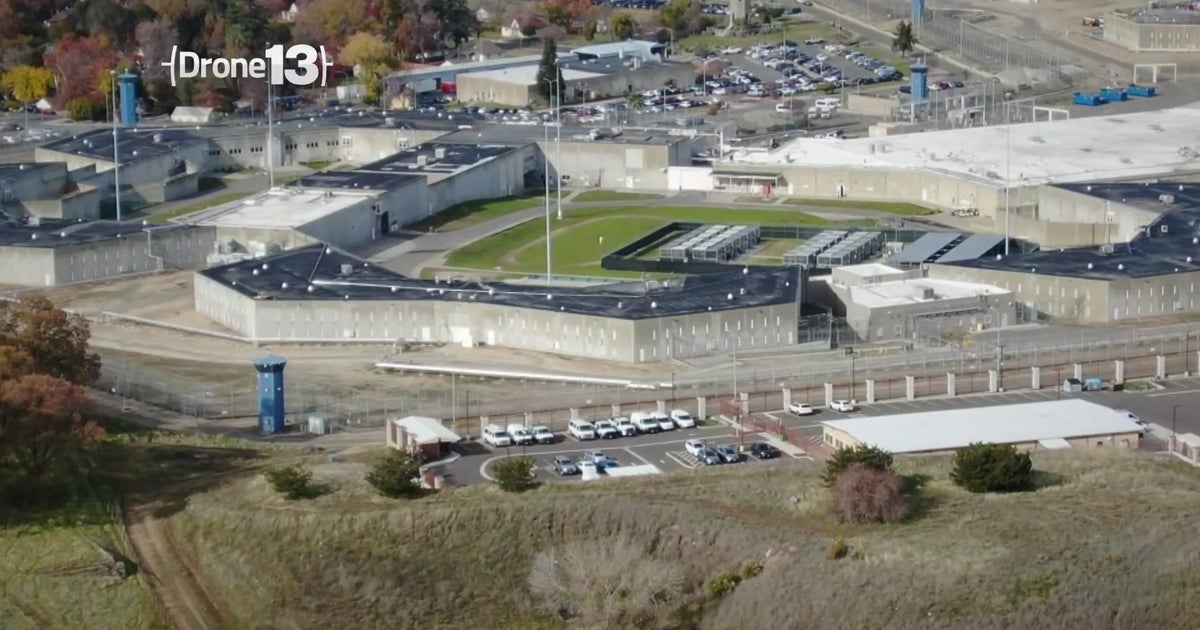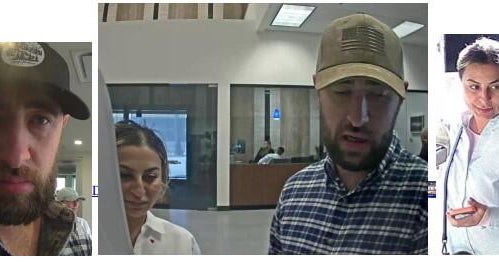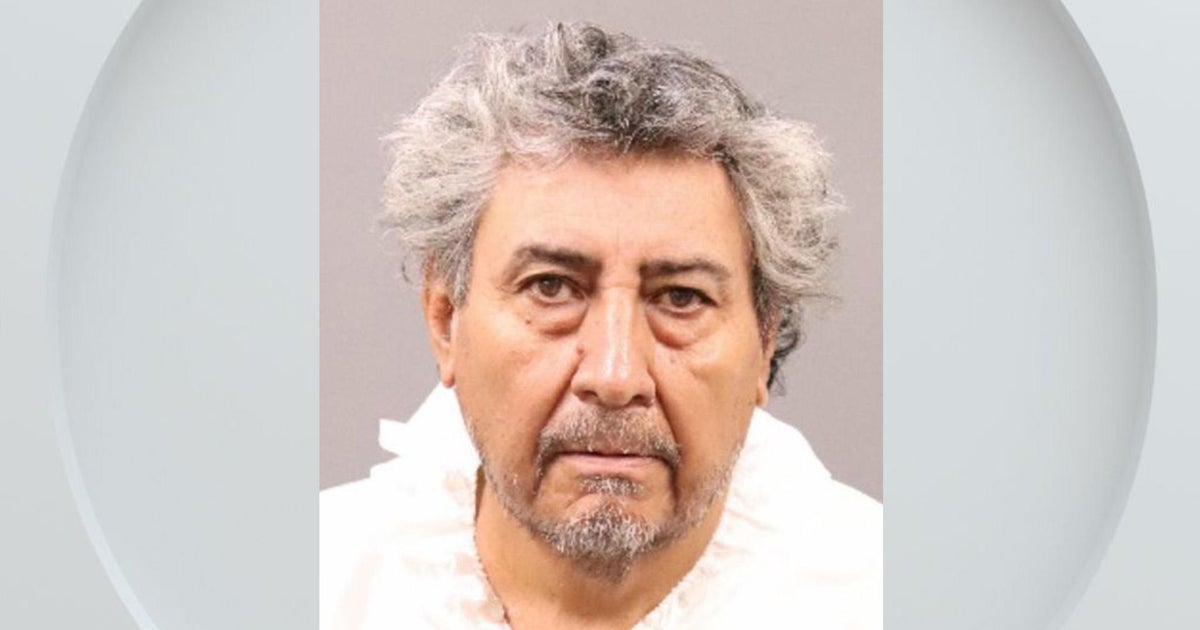Gov. Brown Pardons Mostly Target Drug Offenders
SACRAMENTO (AP) — Gov. Jerry Brown issued 127 pardons on Tuesday, the vast majority of them to people who had been convicted of drug dealing, cultivation or possession.
Typical of the handful of crimes that were not direct drug offenses is that committed by a Humboldt County woman, who was convicted in 1995 after she broke into a home to steal food so she could feed her children.
A statement from the governor's office said all those granted pardons had completed their sentences and had been released from custody for more than a decade without committing additional crimes. The Democratic governor said he issues pardons to those who earn them by demonstrating "exemplary behavior" and living productive lives.
A gubernatorial pardon does not erase a conviction but rather restores certain rights, such as allowing the person to serve on a jury. It also gives them the ability to own a gun, unless they had been convicted of a crime involving a dangerous weapon, and allows them to work as a county probation officer or state parole agent.
Brown has granted 341 pardons since taking office in 2011.
The practice was relatively commonplace until the 1990s. Ronald Reagan, a Republican, granted 574 during his two terms as governor while George Deukmejian, a Republican and former state attorney general, granted 325 during his two terms.
The practice declined after that. Former Republican Gov. Pete Wilson, who was elected to the first of his two terms in 1990, granted just 13 pardons, while former Republican Gov. Arnold Schwarzenegger issued 15. Gray Davis, a Democrat, issued no pardons before he was recalled from office in 2003, partway through his second term.
(© Copyright 2013 The Associated Press. All Rights Reserved. This material may not be published, broadcast, rewritten or redistributed.)







